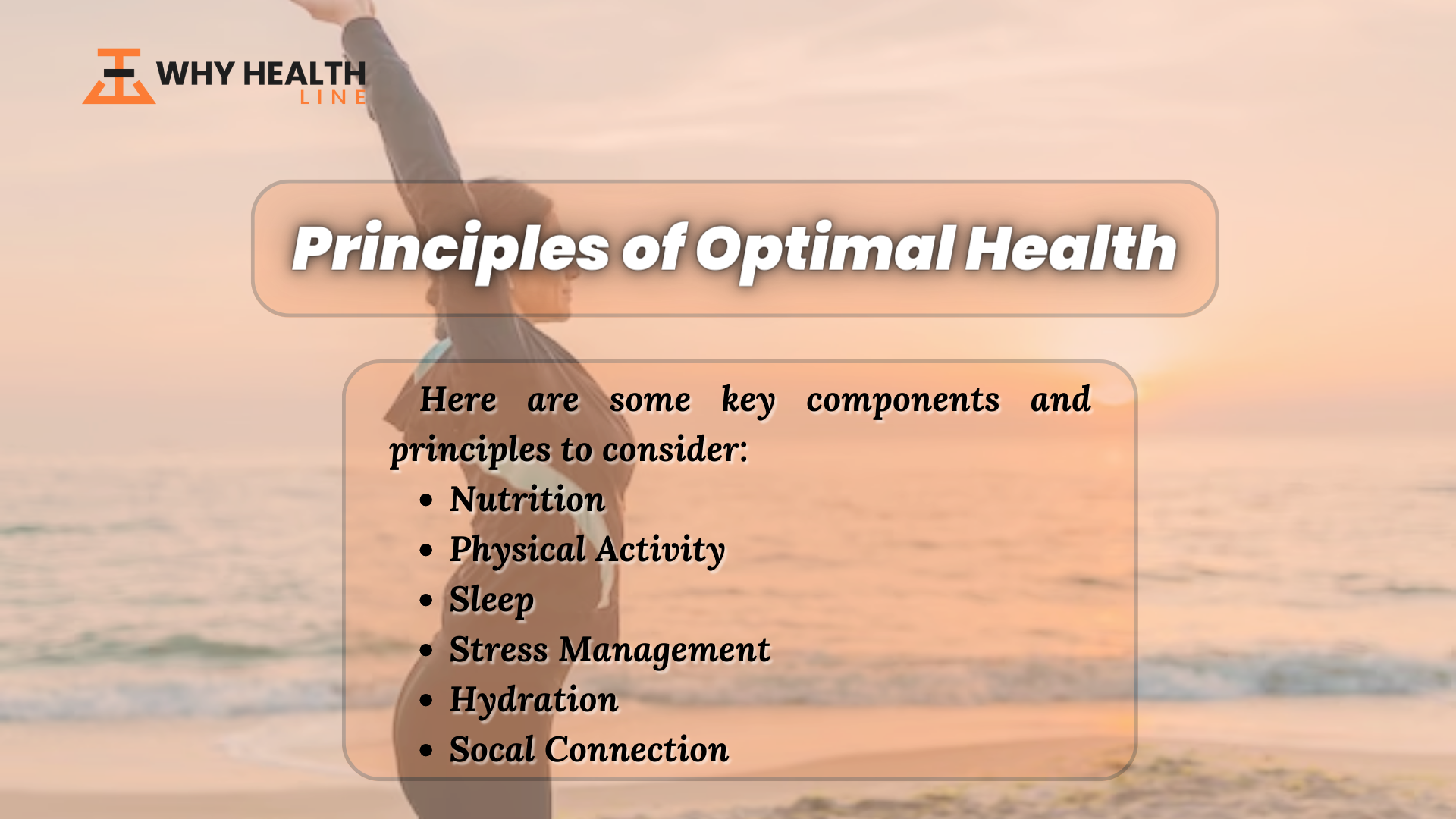Are you familiar with the famous saying “You are what you eat”? It’s actually a fact! The food we consume has a direct impact on our body, health, and well-being. A well-balanced and nutritious diet can help us maintain a healthy weight, boost our immune system, and reduce the risk of chronic diseases.
On the other hand, a diet that is rich in processed foods, refined sugars, and unhealthy fats can lead to weight gain, heart disease, and other health issues. So, we must stay mindful of what we eat and make healthy food choices that will benefit our bodies in the long run. Let’s delve deeper to get a better understanding of optimal health.
What is Eating Well for Optimal Health SMA?
The Eating Well for Optimal Health program by SMA is a comprehensive six-week course that involves six group medical appointments lasting three hours each week. Its aim is to help individuals reach their weight loss objectives by providing effective medical techniques and mind-body practices.
Group sessions usually include guidance on nutrition, exercise, and lifestyle modifications that can lead to a healthier life. Moreover, participants will be taught mind-body practices such as mindfulness, relaxation techniques, coping skills, and guided imagery to help them manage stress and improve overall well-being.
Upon completion of the program, individuals will have acquired the knowledge and abilities necessary to make positive changes in their lifestyle that can promote optimal health.
How Does Guided Imagery Help to Manage Weight?
For those looking to shed a considerable amount of weight, guided imagery can be an effective tool. Rather than focusing on the ultimate outcome, this technique helps individuals concentrate on their day-to-day progress and remain mindful of the present moment.
This approach empowers people to take charge of their weight loss journey and make thoughtful decisions that will bring them closer to their goals.
The Basics of Healthy Eating
Taking care of your overall health requires maintaining a well-balanced and nutritious diet. Engaging in physical activity and making good lifestyle choices, such as eating healthily. This can help prevent up to 80% of early-onset heart disease and stroke. The basics of healthy eating typically include:
-
Eating Lots of Vegetables and Fruit
Incorporating vegetables and fruits into your diet is crucial for maintaining a healthy lifestyle. These nutrient-rich foods provide antioxidants, vitamins, minerals, and fibre that can help you feel fuller for longer periods of time and support a healthy weight.
-
Choosing Whole-Grain Foods
Foods made from whole grains, such as whole grain bread, crackers, brown or wild rice, quinoa, oatmeal and barley, are prepared using the entire grain. These foods contain fibre, protein, and B vitamins, which can help keep you healthy and feeling full for a longer period.
-
Eating Protein Foods
There is a variety of protein-rich foods that can be incorporated into a balanced diet. These include legumes, nuts, seeds, tofu, fortified soy beverages, fish, shellfish, eggs, poultry, lean red meats, etc. Proteins are essential for healthy muscles and bones.
-
Staying Hydrated
One of the simplest ways to support good health is by staying hydrated, and water is a great choice as it contains no calories. However, it’s important to be mindful of the beverages we consume. This is because energy drinks and soft drinks contain high amounts of sugar and little nutritional value.
By choosing lower-sugar and nutrient-dense options, we can help prevent unintended weight gain. Additionally, in cases where safe drinking water is not available, we can opt for alternatives like tea, coffee, unsweetened lower-fat milk, or previously boiled water to quench our thirst.
The 5 Food Groups for Optimal Health
Maintaining a balanced diet is essential for a healthy lifestyle, and including food items from all the five major food groups can help you achieve that.
These food groups are:
- Fruit
- Vegetables
- Grains
- Healthy Proteins
- Healthy Carbs
Incorporating these categories of food items into your everyday meals can definitely guarantee that your body receives all the essential nutrients required to maintain good health and vitality.
The Best Times To Eat For Optimal Health
Key Takeaway
If you are someone who’s interested in taking steps towards a healthier lifestyle, then making just a few small changes in your diet can do wonders! However, healthy eating may vary from person to person. But it generally involves consuming nutrient-packed foods, avoiding highly processed ones, and enjoying filling meals and snacks.
Additionally, if you are looking for more personalized advice on your diet, it is always best to schedule a consultation with an experienced dietitian.
FAQs:
What Is the Healthiest Food in the World?
While there is no single food that contains all the necessary nutrients, there are several healthy options that you can incorporate into your diet, such as spinach, citrus fruits, lentils, and beetroot.
What Is the Number 1 Most Unhealthy Food?
Processed meats and fried food items are generally regarded as one of the worst food items. They can negatively impact your overall well-being in more than one way. Therefore, it is important to steer clear of such foods as much as possible.
What Foods Should You Avoid to Stay Healthy?
In order to maintain your overall well-being, you need to minimize the consumption of sugar-sweetened beverages, refined carbohydrates, and processed red meat.



